Publications
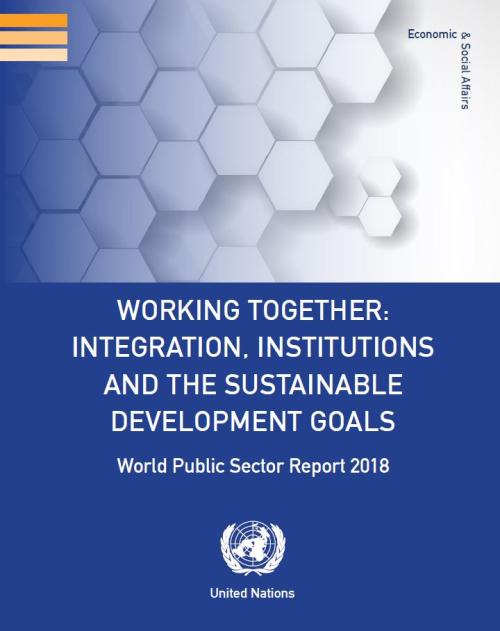
Two years ago, Member States of the United Nations adopted the 2030 Agenda for Sustainable Development. Acknowledging possible synergies and trade-offs between the sustainable development goals (SDGs) and targets will make it much easier to achieve the Agenda and to translate ambition into reality.
The World Public Sector Report 2018 aims to inform efforts by countries to foster policy integration for implementing the SDGs. It asks, what are the challenges to and opportunities for policy integration across the different stages of policy cycle at the national level? What are some innovative examples of institutional and administrative arrangements that can foster integrated…
–An upturn in the global economy—now growing by about 3 per cent—paves the way to reorient policy towards longer-term issues such as addressing climate change, tackling existing inequalities and removing institutional obstacles to development, according to the United Nations World Economic Situation and Prospects (WESP) 2018.
“The World Economic Situation and Prospects 2018 demonstrates that current macroeconomic conditions offer policy-makers greater scope to address some of the deep-rooted issues that continue to hamper progress towards the Sustainable Development Goals,” stated UN Secretary-General António Guterres in the Foreword.
According to the report, in 2017, world…
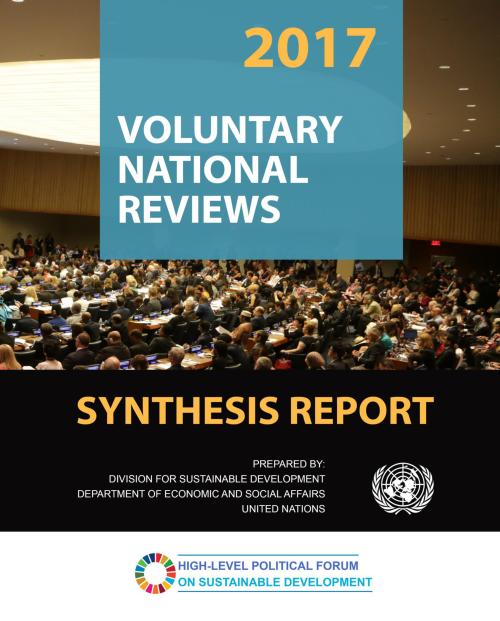
The 2017 meeting of the High-Level Political Forum on Sustainable Development (HLPF) took place from 10 to 19 July. A total of 43 countries presented voluntary national reviews, up from 22 countries that presented inaugural reviews at the 2016 HLPF. With this, more than a third of countries will have conducted a voluntary national review, sharing progress, experiences, lessons learned and challenges in implementing the 2030 Agenda. Looking ahead, at the 2018 HLPF, 47 countries will present their national reviews. Four of these will be conducting their second review at the HLPF (Colombia, Egypt, Mexico, and Switzerland) and one country its third (Togo). This report synthesizes some of the…
If the world is to eradicate poverty, address climate change and build peaceful, inclusive societies for all by 2030, key stakeholders, including governments, must drive implementation of the Sustainable Development Goals (SDGs) at a faster rate, according to the The Sustainable Development Goals Report 2017, launched by UN Secretary-General Antonio Guterres.
Using the most recent data available, the annual Sustainable Development Goals Report provides an overview of the world’s implementation efforts to date, highlighting areas of progress and areas where more action needs to be taken to ensure no one is left behind. The Sustainable Development Goals Report 2017report found that…
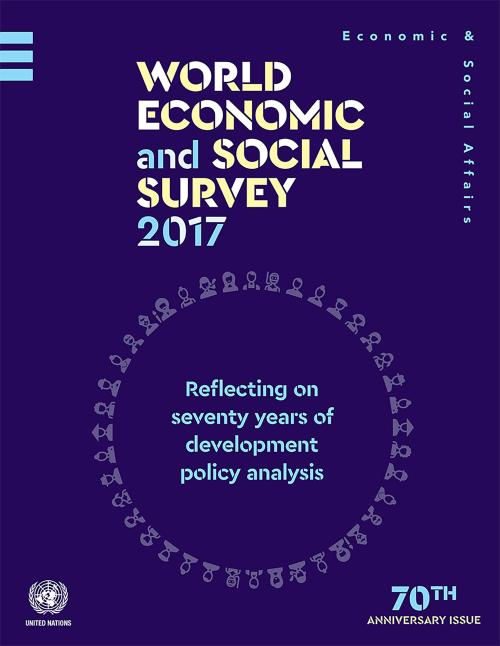
A careful review of 70 years of the United Nations’ economic advice reveals that the analysis still remains relevant to guiding countries through a difficult current global economic situation and for the implementation of the 2030 Agenda for Sustainable Development, according to the World Economic and Social Survey launched today by the United Nations Department of Economic and Social Affairs.
Individual countries have pursued widely different development paths during a period that has witnessed the fastest growth in global output and trade than any other period in the history of humanity—and have achieved varying results from the bleak to the miracle—. An in-depth review of the…
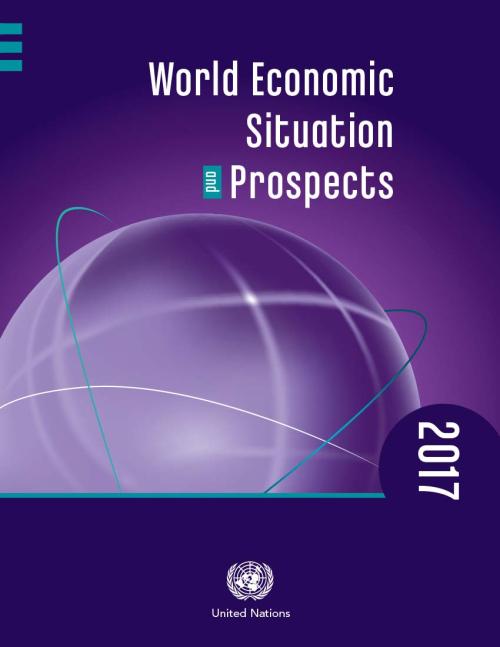
Growth in the global economy has picked up in the last six months in line with expectations, but in many regions, growth remains below the levels needed for rapid progress towards achieving the Sustainable Development Goals, according to the United Nations World Economic Situation and Prospects as of mid-2017 report.
The report identifies a tentative recovery in world industrial production, along with reviving global trade, driven primarily by rising import demand from East Asia. World gross product is expected to expand by 2.7 per cent in 2017 and 2.9 per cent in 2018, unchanged from UN forecasts released in January this year. This marks a notable acceleration compared to just 2.…
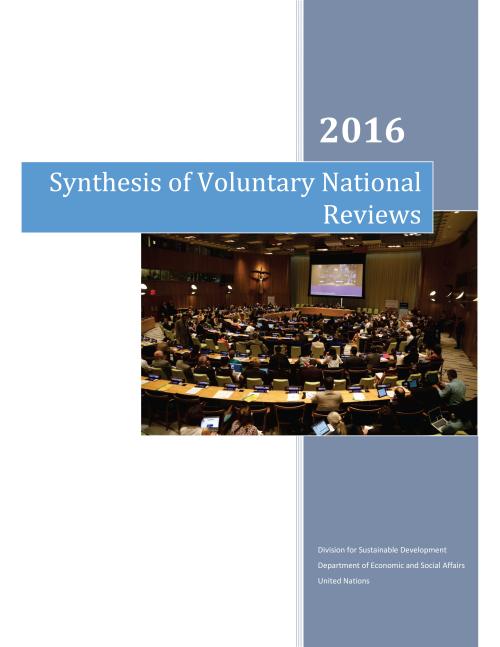
The 2016 meeting of the High-Level Political Forum (HLPF) took place from 11 to 20 July 2016 at the United Nations Headquarters in New York. Twenty-two countries presented voluntary national reviews (VNRs) of the implementation of the 2030 Agenda, and particularly the sustainable development goals (SDGs), over a day and a half during the Ministerial Segment of the HLPF under the auspices of the Economic and Social Council (ECOSOC). This report synthesizes some of the findings of the VNRs, drawing primarily from the written reports and executive summaries of the majority of countries. It uses a theme based analysis drawn largely from the voluntary common guidelines contained in the Annex…
Although a modest global recovery is projected for 2017-18, the world economy has not yet emerged from the period of slow growth, characterised by weak investment, dwindling trade and flagging productivity growth, according to the United Nations World Economic Situation and Prospects (WESP) 2017 report.
The report states that the world economy expanded by just 2.2 per cent in 2016, the slowest rate of growth since the Great Recession of 2009. World gross product is projected to grow by 2.7 per cent in 2017 and 2.9 per cent in 2018, a slight downward revision from the forecasts made last May.
Launching the report at the UN Headquarters in New York, Mr. Lenni Montiel,…
Evidence is increasing that climate change is taking the largest toll on poor and vulnerable people, and these impacts are largely caused by inequalities that increase the risks from climate hazards, according to a new report launched by the United Nations today.
The World Economic and Social Survey 2016: Climate Change Resilience—an Opportunity for Reducing Inequalities (#WESS2016), found that governments can play a significant role in reducing the risks of climate change to vulnerable populations. Through transformative policies, the report shows that governments could address the root causes of inequalities and build climate change resilience.
While there is…
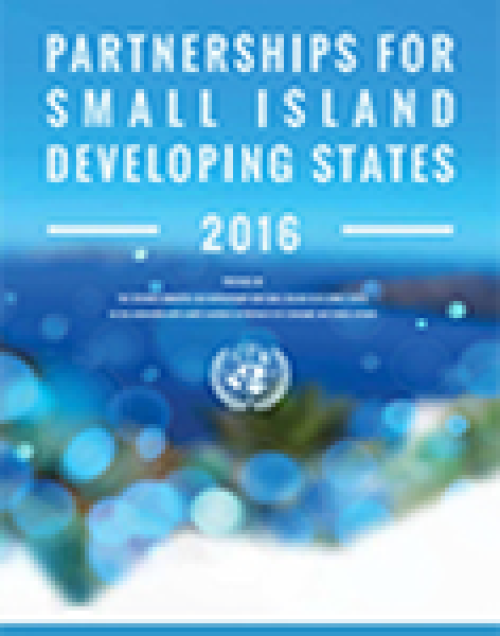
The first annual Global Multi-stakeholder SIDS Partnership Dialogue was held on 22 September 2016 during the 71st session of the General Assembly as a High-level Breakfast Event, focusing on the launch of new partnerships devoted to SIDS, and the announcement of new commitments from existing SIDS partnerships.
The Dialogue is an integral of the SIDS Partnership Framework which was launched by the General Assembly in 2016 as a follow-up to the SIDS Conference, held in Samoa in 2014. The Framework is one of a kind at the United Nations in following up and monitoring progress of voluntary commitments from multi-stakeholder partnerships aimed at driving sustainable development…
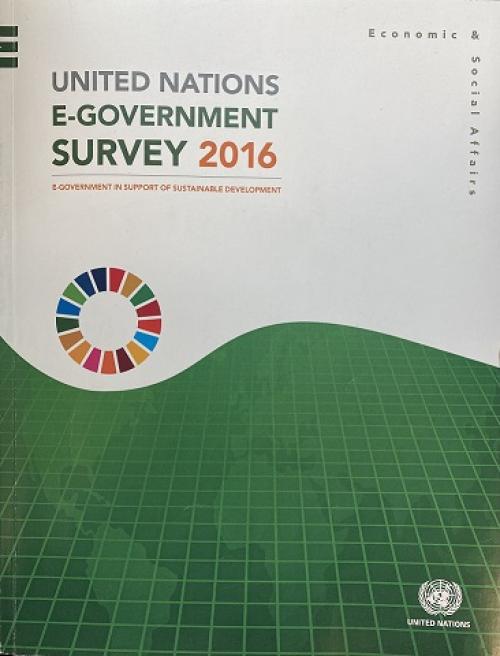
The United Kingdom, followed by Australia and the Republic of Korea, lead the world in providing government services and information through the Internet, e-government, according to a new survey released today by the United Nations showing the progress of nations in promoting e-government.
The 2016 UN E-Government Survey provides new evidence that e-government has the potential to help support the implementation of the 2030 Agenda and its 17 sustainable development goals (SDGs).
The Survey found that United Kingdom has pursued continued development on e-government innovation, and its Government Digital Service has been replicated by other countries around the…
Launching the first-ever Sustainable Development Goals report on the new global development agenda adopted in 2015, Secretary-General Ban Ki-moon said that the 15-year undertaking was “off to a good start” but would require all parts of the UN family and its partners to work together.
“We have embarked on a monumental and historic journey,” the Secretary-General told the UN High-level Political Forum on Sustainable Development (HLPF), which opened on 11 July and ended on 20 July 2016, at the UN Headquarters in New York.
“We must all learn, in national governments, in local authorities, in business and civil society, and also at the United Nations, to think differently,” he…
 Welcome to the United Nations
Welcome to the United Nations